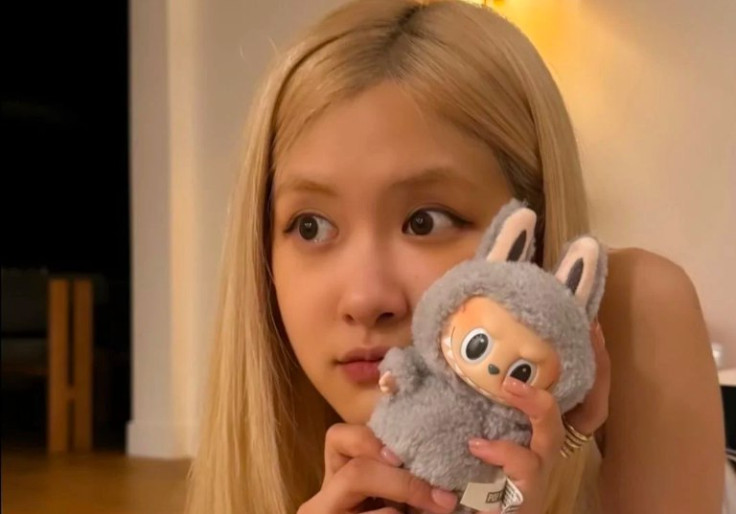Would You Buy A $7,000 Labubu? Why The Viral Toy Has Now Become A Luxury Item
Rare plush monsters sell for thousands as social media hype fuels chaos and debate over their true value

The latest internet sensation has taken a bizarre turn, with some of the most coveted Labubu dolls fetching staggering prices online.
Once simple plush monsters, these toys have transformed into high-priced collectibles, sparking a debate about the real value of viral hype. Some pre-opened blind boxes are being sold for as much as £5,100 ($7,000), and are being considered 'new luxuries'.
The Rise of the Labubu Obsession
Labubus are small, mischievous monster-like dolls originating from a Chinese retailer, Pop Mart. Inspired by Nordic mythology and created by artist Kasing Lung, they first appeared in 2015 through his children's book series. In 2019, Lung licensed his designs to Pop Mart, turning them into collectible toys sold mainly in blind boxes. These boxes conceal which specific doll a buyer will receive, increasing their appeal and unpredictability.
The toys typically retail for between £15 and £20 (Approximately $20 to $26). They come in various colours and designs, with some featuring sharp teeth and playful grins. The allure lies in the surprise element and the chance to find rare versions, known as 'secret' Labubus, which have a 1-in-72 chance of appearing.
TikTok Turns the Trend into a Cultural Phenomenon
Over the past year, TikTok users have flooded the platform with videos unboxing their Labubus. The hashtag #labubu has been used in over 32,000 posts in the US alone and over a million across the globe. People share their collections, hunt for rare editions, and even organise 'Labubu hunts' akin to a modern treasure hunt.
Celebrities like Rihanna and Dua Lipa, along with K-pop stars from Blackpink, have been spotted wearing Labubu accessories or holding the dolls. Their endorsement has significantly boosted the toy's visibility, especially in Asia, where the craze first took hold. Pop Mart stores in the United States often face long queues, with some fans arriving early to secure the latest releases.
The Price of Popularity
The frenzy has turned Labubus into a lucrative commodity for resellers. On platforms like eBay, some limited editions are selling for thousands of pounds—up to £5,100 (Approximately $7,000)—for rare or special collaborations such as a Labubu designed with Vans. On StockX, a marketplace for exclusive items, certain editions can fetch over £2,200 (Approximately $2,900).
Scenes outside Pop Mart stores have become chaotic, with reports of customers shouting, pushing, and even fighting over the toys. One TikTok user dubbed it 'the Labubu Hunger Games', recounting a morning spent queuing at a California mall, where early birds were given numbered tickets to prevent chaos. Still, tensions run high, and the resale market continues to thrive on scarcity.
Growing Concerns
In China, in order to quell chaotic purchasing, they've stopped selling Labubu dolls at Pop Mart locations. However, because of their popularity, it seems people have resorted to smuggling them into the country.
In fact, authorities in China have confiscated at least 462 Labubu toys, considering them smuggled goods sold purely for profit. The toys are selling out worldwide as well, with some sellers attempting to bypass import restrictions. Critics argue that the craze reflects overconsumption, much like the previous Stanley Cup trend, with some users questioning whether people genuinely love the toys or are simply following a viral trend.
Why Would You Spend Thousands?
With some Labubu dolls reaching prices of over £5,000 (Approximately $7,000), it's natural to question whether the toys are worth such sums. For collectors and fans, the value lies in rarity, exclusivity, and the social status of owning a piece of viral culture. The toys have become more than just plush monsters—they're symbols of modern fandom and social media influence.
However, the high prices also highlight the risks of hype-driven markets. Limited availability, the thrill of the unknown, and celebrity endorsements push prices into the realm of luxury, making Labubu a status symbol for some. Whether it's worth paying thousands depends on your view of value—are these dolls art, collectibles, or simply a passing trend?
© Copyright IBTimes 2025. All rights reserved.




















